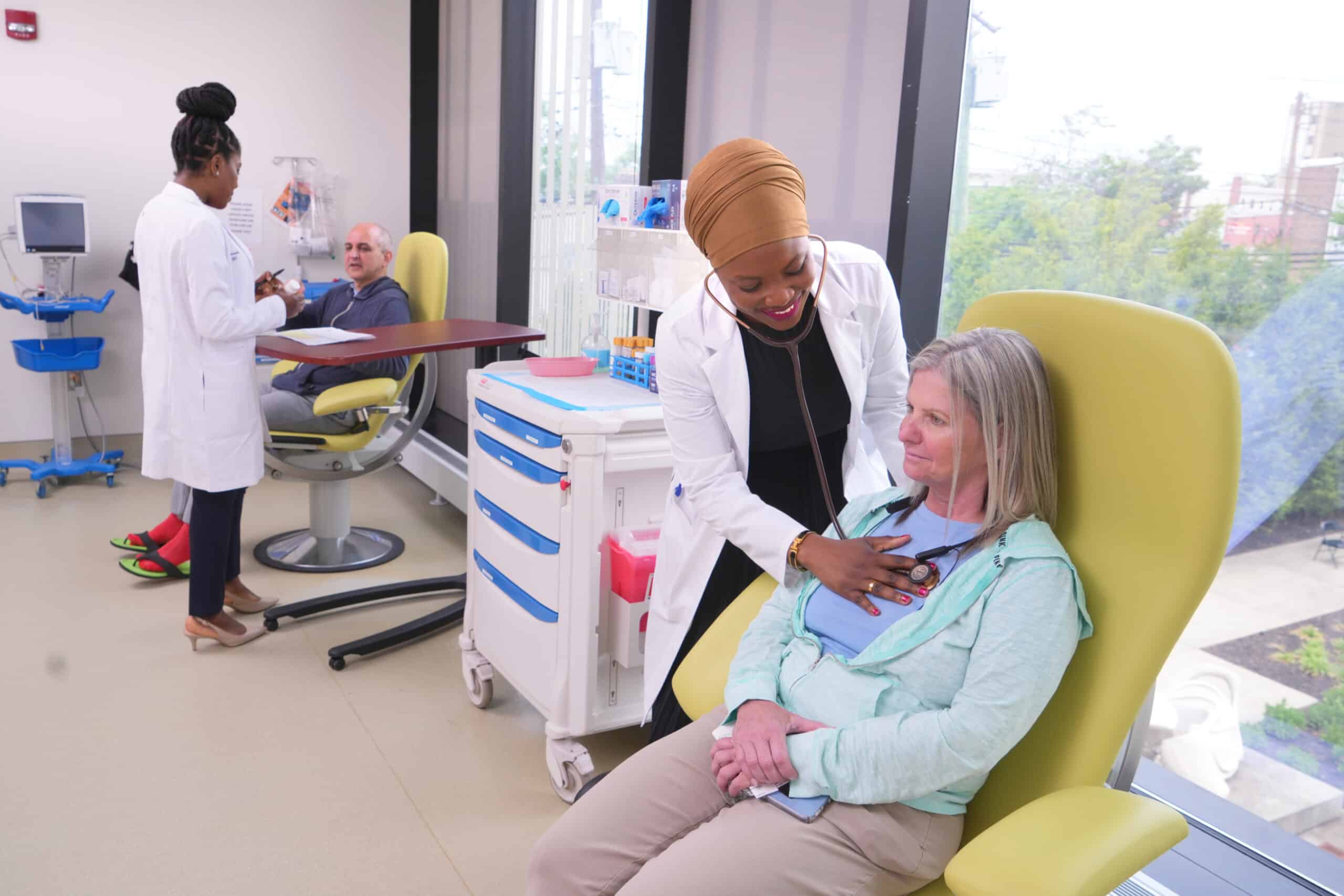Clinical trials are the backbone of medical advancements, providing critical data that pave the way for new treatments to become available. Biotrial, a respected name in clinical research, contributes significantly to this intricate system. Understanding the workings of clinical trials and the criteria for participation is vital for those looking to contribute to the medical field’s future.
The Structured Journey of a Clinical Trial
Clinical trials are meticulously structured to evaluate new medical interventions. This journey begins with preclinical studies and advances through various phases, each with distinct objectives. Biotrial’s expertise is crucial in navigating through these stages, designed to assess everything from initial safety to effectiveness and side effects.
Eligibility: Who Can Participate?
The inclusion and exclusion criteria of a clinical trial are key to determining participant eligibility. These guidelines are crafted to protect participant safety and the trial’s integrity. Biotrial meticulously screens potential participants to ensure they meet the trial’s needs, whether they are patients with a specific condition or healthy individuals contributing to early-phase research.
The Ethical Heart of Trials: Informed Consent
Informed consent is the ethical foundation of participant selection. Biotrial places immense importance on ensuring that volunteers are fully informed about the study they’re entering, including its potential risks and benefits. This transparent process is central to the ethical conduct Biotrial upholds in all its clinical trials.
The Role of Healthy Volunteers in Clinical Trials
Contrary to common belief, not all clinical trial participants must have a medical condition. Healthy volunteers are often required, particularly in the early phases of a trial. Biotrial values the contribution of these individuals, recognizing the crucial role they play in the development of new medical therapies.
Making a Difference: Your Participation in Medical Progress
Participating in a clinical trial is more than an individual health decision; it’s a step towards contributing to broader medical knowledge. Biotrial acknowledges the significance of each volunteer, whose participation is a pivotal piece in the puzzle of medical progress.
Navigating the Process: Biotrial’s Role in Facilitating Participation
Navigating the complexities of clinical trial participation can be daunting, but Biotrial simplifies this process for potential participants. With a focus on clarity and communication, Biotrial ensures that volunteers are well-informed about the study’s scope, procedures, and any associated commitments. The organization prides itself on creating a supportive environment where individuals can make knowledgeable decisions about their involvement. By providing comprehensive information and personalized guidance, Biotrial empowers participants to play an active role in their healthcare journeys and the broader context of medical advancement.
Join Biotrial in Advancing Healthcare
Clinical trials are essential for medical progress, and participation is open to a diverse population. Biotrial is committed to conducting these trials with the highest standards of professional rigor and ethical integrity. If you’re interested in participating in a clinical trial, consider exploring the opportunities Biotrial offers. Your involvement could be key to the next medical breakthrough.
Visit Biotrial’s Studies page or sign up to learn more about how you can contribute to the future of healthcare through clinical trial participation. Join us in this journey of discovery and innovation.




